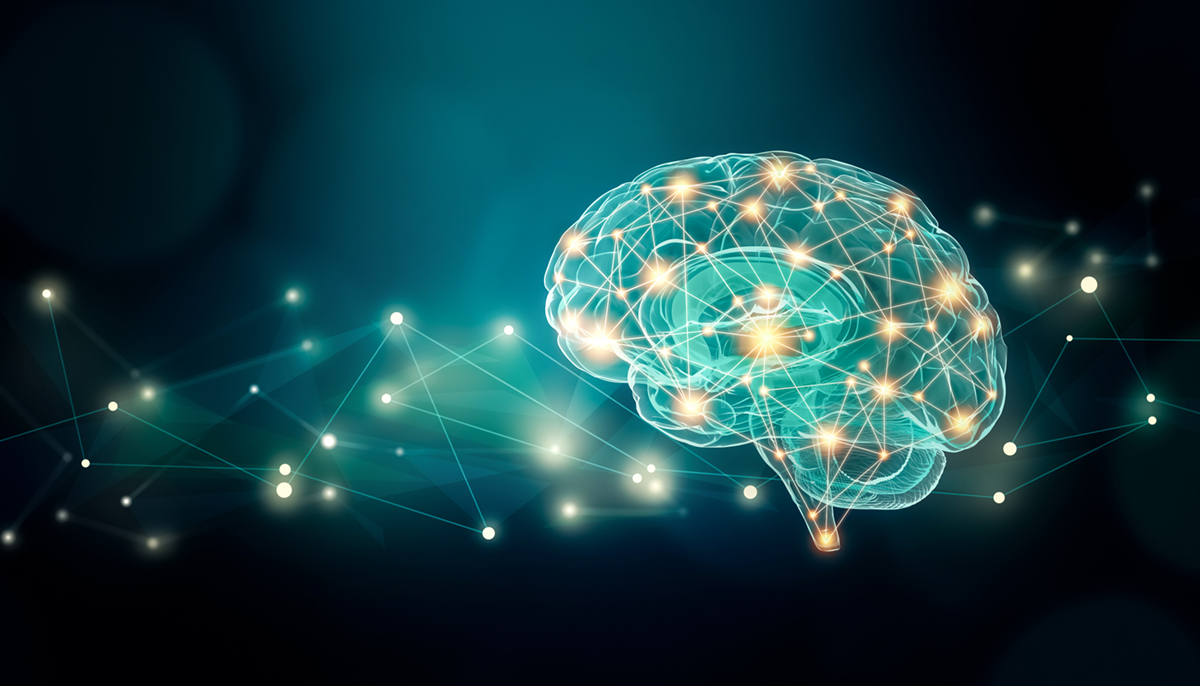Music
Look at the ways music interacts with the soul
- Emotional Impact:
- Music can evoke a wide range of emotions, from joy and excitement to sadness and nostalgia.
- The rhythms and melodies in music can activate specific brainwave patterns that create feelings of inspiration, love, peace, and transcendence.
- Music can be a powerful tool for processing and expressing emotions, especially those that are difficult to articulate verbally.
- Listening to music can trigger the release of neurotransmitters like dopamine, which are associated with feelings of pleasure and reward, and endorphins, which can reduce pain and create a sense of well-being.
- Memory and Connection:
- Music is deeply connected to memory and can evoke powerful recollections of past experiences.
- Music can create a sense of unity and connection with others, especially when shared or listened to together.
- Music can be used to connect with individuals who have experienced significant cognitive loss by triggering familiar tunes and sparking communication and engagement.
- Healing and Well-being:
- Music can be a powerful tool for stress reduction and pain management.
- It can help to lower blood pressure and cortisol levels, a stress hormone.
- Music can improve mood, enhance mental alertness, and even boost memory.
- Some individuals use music as a form of spiritual practice, finding that it helps them to relax, focus, and connect with a deeper sense of self.
In essence, music’s impact on the soul is profound and multifaceted. It can evoke a wide range of emotions, trigger powerful memories, create connections, and even promote healing and well-being.

